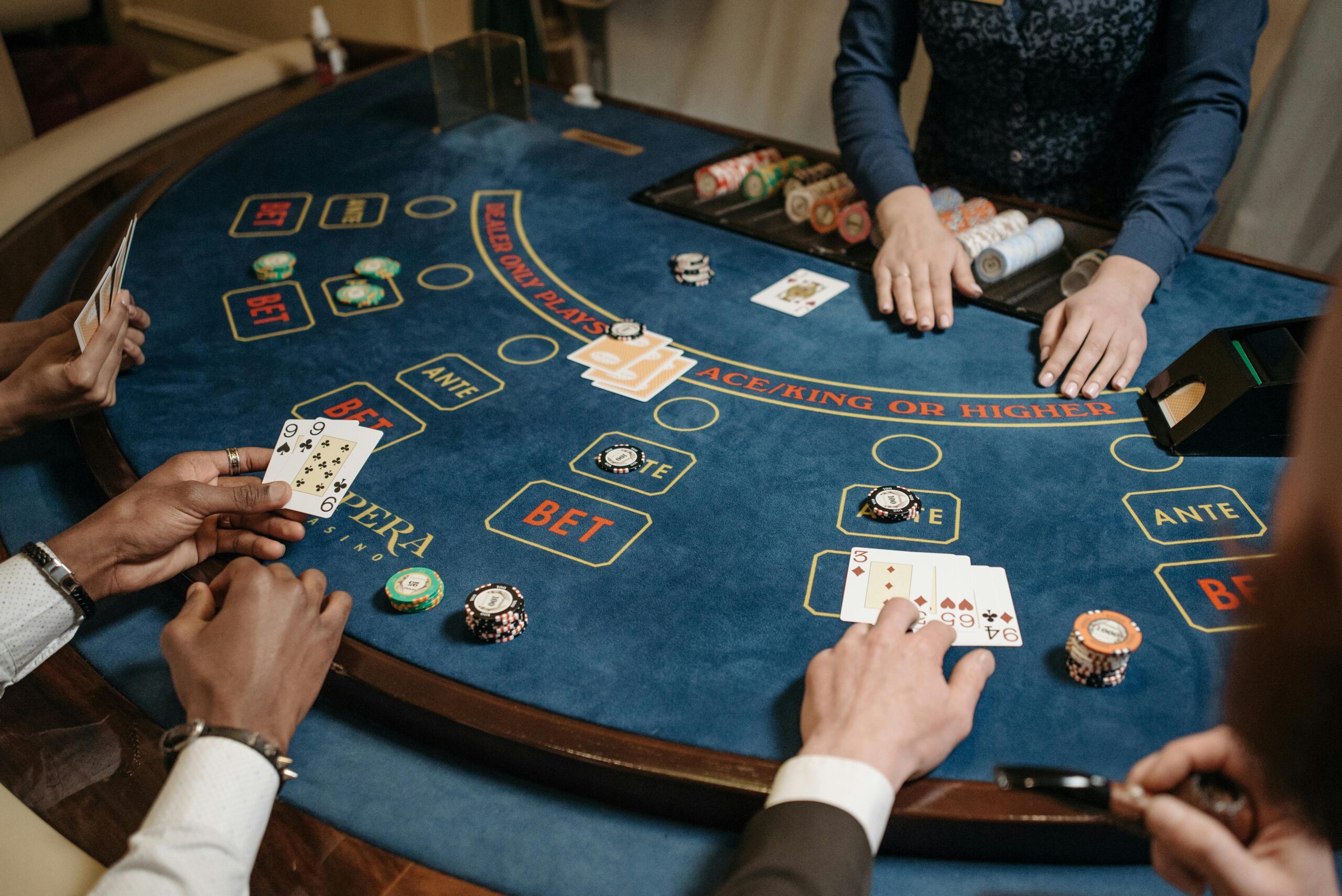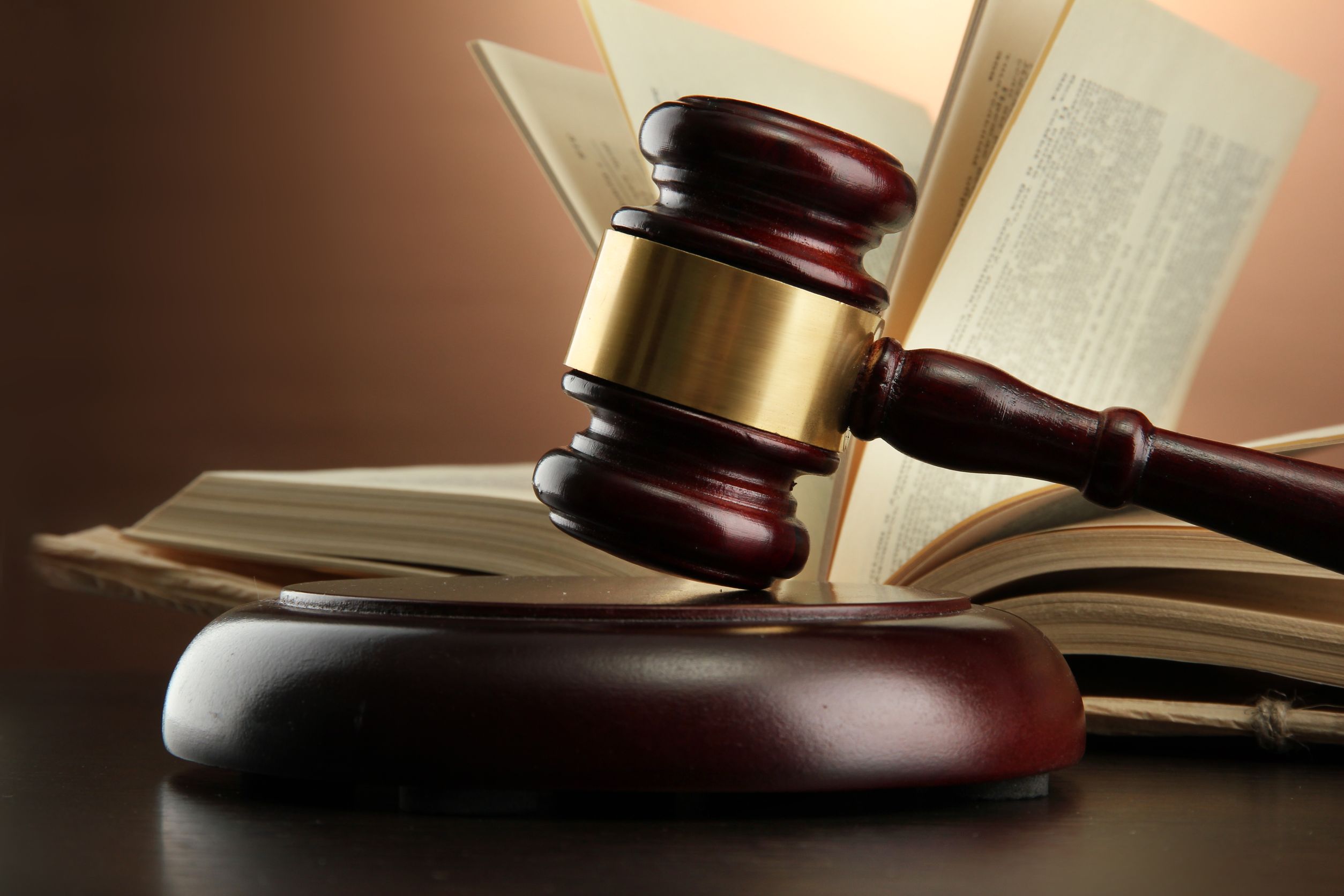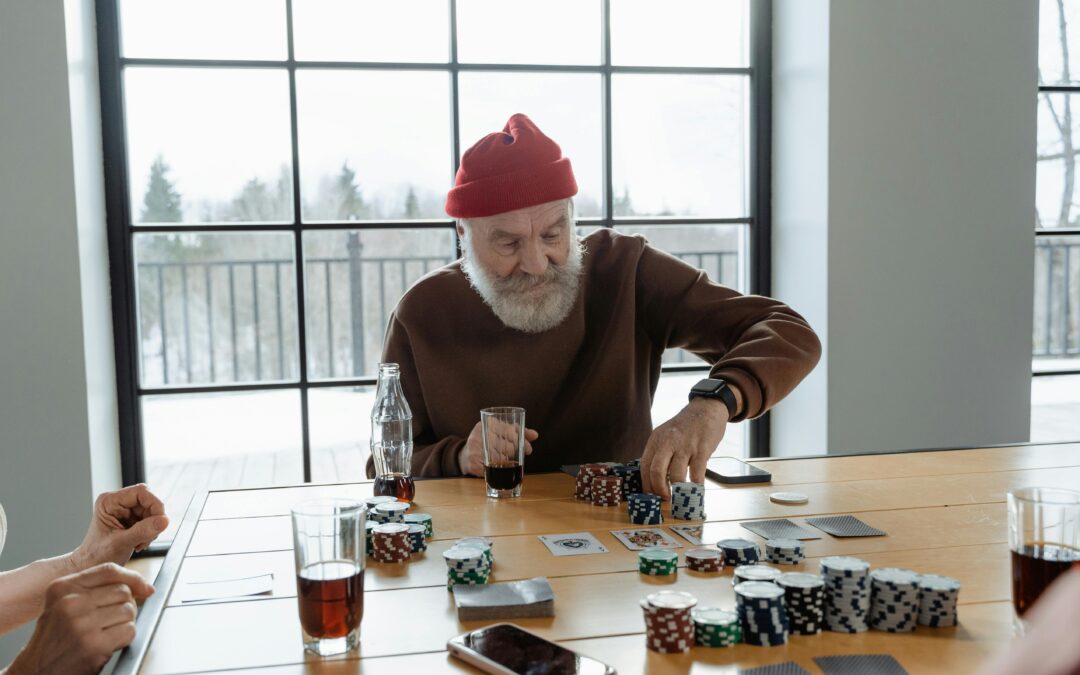Every state has its regulations for poker games. New York requires all gambling ventures to be licensed. What about home poker games?
Well, New York has penal codes defining gambling. If your home power game falls under the definition, it must comply with the set laws. Understanding these penal codes can help determine whether your home poker game is legal.
In addition to the penal codes, this article outlines gambling history in New York to help you understand the current status quo of gambling in the state. Read on to learn more.
The history of gambling in New York

Over the years, New York has had different interests in gambling. Thus, various policies have mushroomed since the inception of gambling. Lotteries were a common financing tool in the 1700s and 1800s.
However, their long-standing operation came to a standstill in 1883 when New York enacted a constitutional ban against them. No gambling took place until the 1900s. The New York lottery kicked off again in 1967.
Three years later, the state allowed off-track betting. In the 2000s, New York legalized Indian casinos. A year later, the state legalized video track terminals, popularly known as racinos.
Gambling kept gaining momentum in the United States and became a mega-million business. New York saw gambling as a lucrative venture and initiated multi-state lottery tickets in 2002. The state also initiated Powerball in 2010.
In 2013, New York decided to bring in some public opinion regarding gambling. It used the Upstate NY Economic Development Gaming Act to seek public opinion on legalizing full casinos.
Currently, New York gambling borrows from various penal codes. So, what do the penal codes say about home poker games? Let’s find out!
Poker laws in the state of New York

While New York doesn’t explicitly restrict gambling, it has strict policies for poker. The state aims to crack down on illegal gambling activities with its strict laws. Any poker game that fits the definition of gambling must comply with New York penal codes.
Each of the following codes describes factors that qualify any game as gambling.
Section 225.00(2)
Section 225.00(2) defines gambling as any activity that involves contests of chance. A contest of chance happens when you risk something of substance for an opportunity to acquire another valuable.
Your mindset during home poker becomes subject to scrutiny in determining whether you’re engaging in gambling. Determining the legality of home poker games with this section requires consideration of the type of activity.
Playing poker, even in social gatherings, usually involves risking money to make more money. Going by this penal code, such home poker games qualify as gambling. But the penal code emphasizes using chances to gamble valuables.
You’re good to go if the game doesn’t involve risking substantial items. But, gambling must be licensed to operate legally per New York law. Thus, you must have a license to operate games that fit the definition of gambling.
Section 30-19.1(B)
Section 30-19.1(B) further defines the contest of chance. It attributes any game that bases its outcomes on the element of chance as gambling.
Also, if you play a game with outcomes beyond your power, that game qualifies as gambling. In such a case, you don’t depend on skills but on a chance to win. With this definition, we can consider home poker gambling if the outcome depends only on chance.
Do you bet on money or other valuables? If yes, your home poker game is a gambling activity and needs licensing according to this penal code. However, this law doesn’t explicitly criminalize playing.
Hosts are on the wrong side of the law most of the time. They go behind bars for enhancing illegal gambling with:
- Illegal gambling promotions
- Associated racketeering
- Tax violation
Section 225.00(3)
This section reveals what’s in store for players and gambling hosts. It defines players as people who engage in games of chance. For hosts, the section quotes persons who provide materials, premises, and promotions for gambling.
While players merely spend their time and resources, hosts dive deep into the play. They enhance gambling with equipment like cards, premises, and invites to players.
However, the penal code doesn’t mention stakes.
Merely playing poker would hardly criminalize you. On the contrary, aiding in illegal gambling can land you in trouble. Therefore, hosts have more to look out for than players in New York. Check if your activity fits the definition of gambling according to New York gambling laws.
Final thoughts
As long as there’s an exchange of valuable items after an element of chance, you’re participating in gambling. You must have a license to run the game, whether at home or not.
The three penal codes outline New York law regarding gambling.
While merely playing may hardly put you in harm’s way, facilitating illegal gambling will undoubtedly land you in trouble. How often do you think people get arrested for hosting poker in New York?
